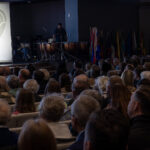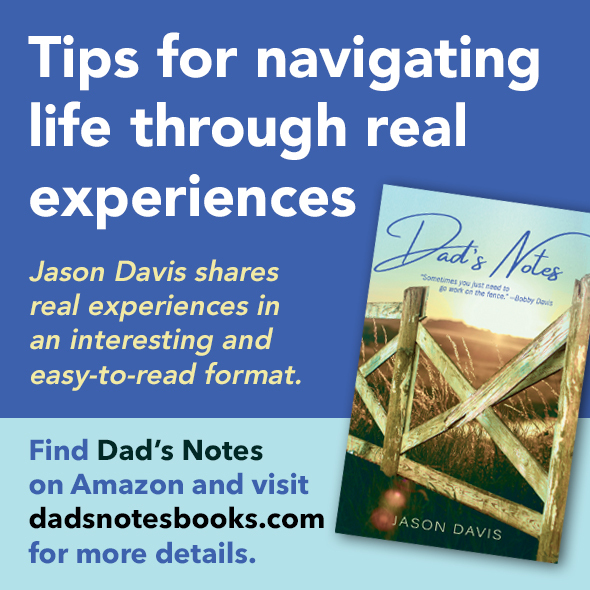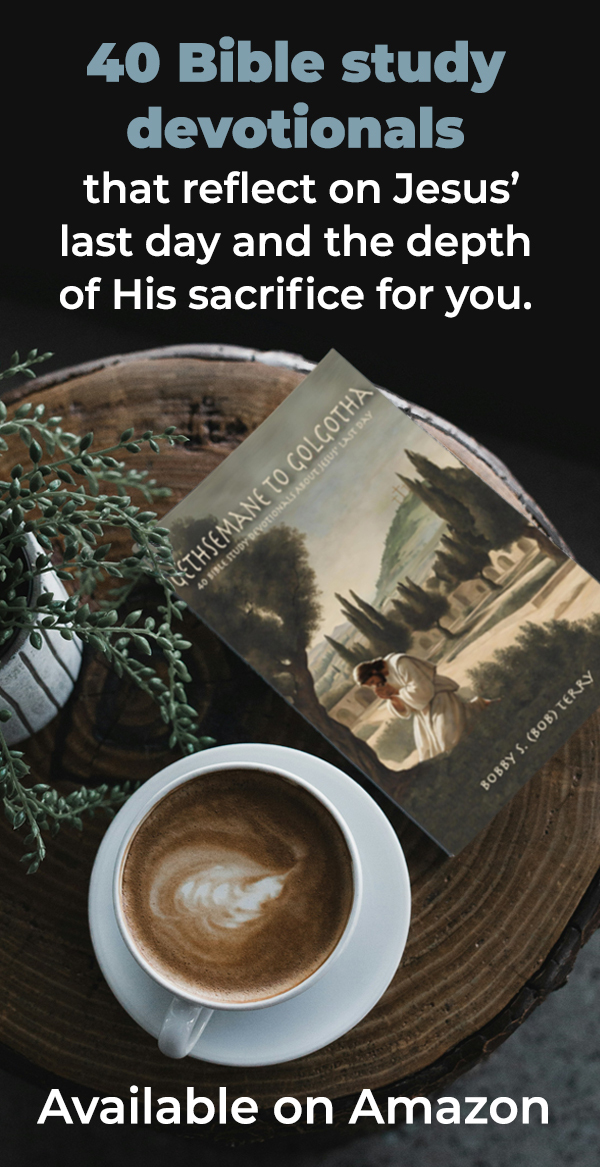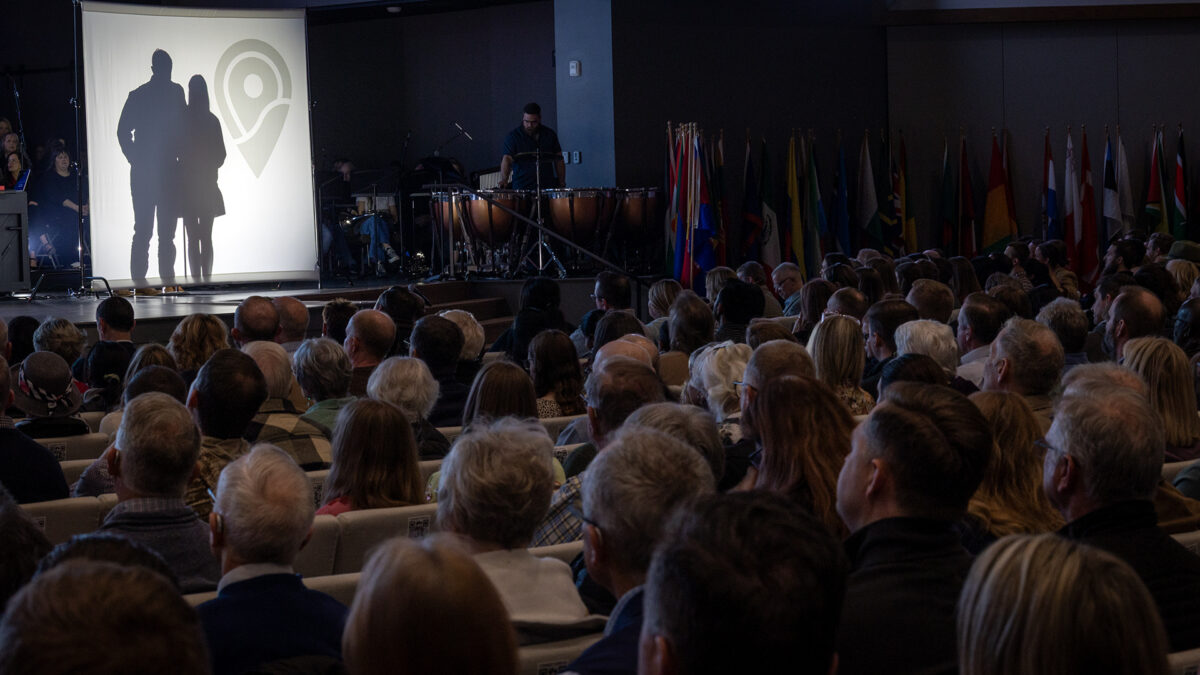Churchgoers may hear the Bible preached every Sunday, but their pastors also want them to engage with Scripture during the week.
Nearly all U.S. Protestant pastors (99%) say they encourage those in their church to read the Bible on their own using at least one of seven methods, according to a Lifeway Research study. On average, pastors say they use around five ways of encouragement. Less than 1% say they don’t use any or are unsure.
RELATED: To read more stories on research about faith and culture, click here.
Dwayne Milioni, pastor of Open Door Church in Raleigh, North Carolina, said pastors often work hard to help their people understand the Bible through their sermons each week, but they hope that’s not the congregation’s only interaction with Scripture. “As we’re preaching and teaching, it would be so much better if we knew our church members were reading and studying the Word of God on their own,” he said. “How much more glorious would the assembling of God’s people be if every day of the week our people were engaging God’s Word?”

Scriptural encouragement
The most likely ways a pastor will work to spark individual Bible reading among their churchgoers is by providing free Bibles to those who need one (93%) and reminding them during sermons (92%).
Three in 4 pastors (73%) say they have Bible readings during worship services in addition to the passages used in the sermon. Most U.S. Protestant pastors say they provide a printed Bible reading plan (59%) and send reminders on social media (56%). Half (49%) use email to remind their congregation to engage with Scripture during the week. Around 2 in 5 pastors (37%) say they provide a digital or online Bible reading plan.
Because of Milioni’s own passion for God’s Word and the impact he has seen in his congregation from Scripture reading, he has worked with Holman Bibles to develop the “Jesus Daily Bible,” which provides readers with a one-year plan to read through the entire Bible.
“What’s amazing about the Bible is that every time you read it, regardless of where you read it, it’s going to be relevant because the God who gave us this book is still alive,” Milioni said. “He knew exactly what we needed to hear when He gave us this book.”
As a pastor, Milioni has seen the results of his congregation reading through the Bible together. “It not only increases their knowledge of God but deepens their relationships,” he said. “It helps a church grow closer to God and one another.”
Biblical changes
Pastors today are more likely than in 2016 to use some methods to encourage Bible reading among their congregants, including providing a free Bible to those needing one (up 7 percentage points from 86%) and reminders in sermons (up 6 percentage points from 86%). They are less likely to say they provide a printed Bible reading plan (down 5 percentage points from 64%). All other methods of Bible reading encouragement are statistically unchanged from eight years ago.
“In an increasingly secular culture, pastors are not assuming people have a Bible,” said Scott McConnell, executive director of Lifeway Research. “More churches are prepared to give a free Bible to someone who needs one to encourage them to read more about the message the church shares.”
Church size is often a factor in how likely a pastor is to use specific encouragement methods.
Pastors at the largest Protestant churches, those with 250 or more in attendance, are least likely to have Bible readings during worship services in addition to passages used in the sermon (58%). They are the most likely, however, to send email reminders (66%) and provide a digital or online Bible reading plan (65%).
Larger churches, those with 250 and more (69%) and 100 to 249 (67%), are more likely than smaller congregations, those with 50–99 (56%) and fewer than 50 (53%), to provide a printed Bible reading plan for churchgoers. Additionally, those at the smallest churches are least likely to offer social media reminders (44%) and use email to remind congregants (40%).
However, pastors and leaders choose to encourage churchgoers to engage with Scripture, Milioni said the effort is worth it because of what the Bible is. “Sometimes we forget the Bible is a gift,” he said. “God loved us enough to reveal Himself to us, and He’s done it through this book. So how can we not but love Him back when we read it?”
For more information on the study, view the complete report and visit LifewayResearch.com. For more information on the “Jesus Daily Bible,” visit Lifeway.com/JesusDailyBible.
EDITOR’S NOTE — This story was written by Aaron Earls and originally published by Lifeway.










